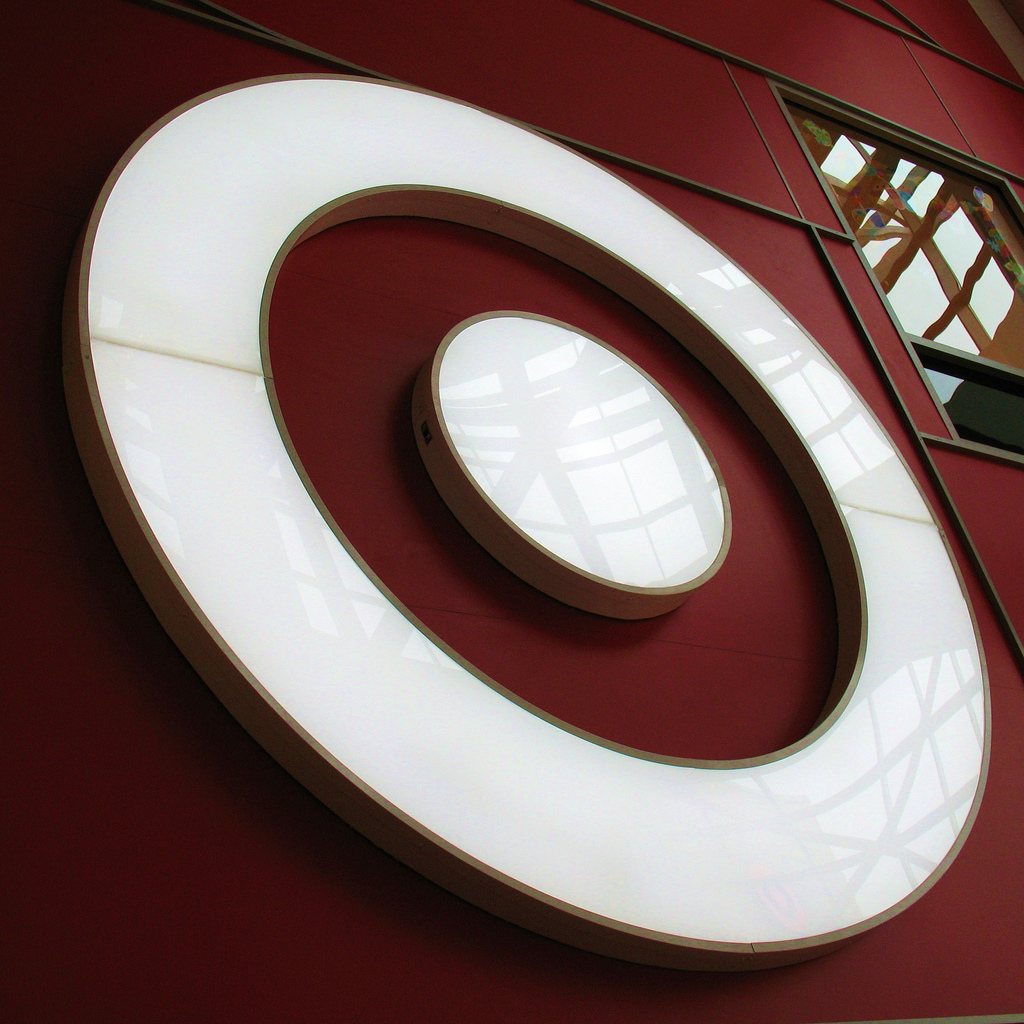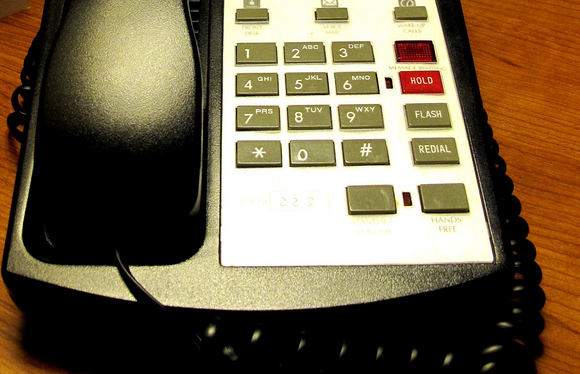Target continues to put the disastrous 2013 holiday-season data breach behind it, agreeing today to pay $39.4 million to banks claiming they lost money during the hack. [More]
banks

Wells Fargo’s High-Pressure Sales Strategy Probed By Federal Regulators
Six months after the Los Angeles City Attorney filed a lawsuit accusing Wells Fargo of a slew of unfair practices — like encouraging employees to open unauthorized consumer accounts and then charging those accounts phony fees to meet sales expectations — two other regulatory agencies have opened investigations into the bank’s behavior. [More]

Banks Ditching Online Security Images Some Experts Call “Worse Than Useless”
When you log into your bank account online, you might see an image of a birdhouse, or a teapot, or some other object you selected when you signed up. Those pictures are supposed to help keep a customer’s account safe, by assuring them that the web page they’re viewing is, in fact, the bank’s website and not a scammy fake. But as cybercriminals are catching on, banks are choosing to ditch the images in favor of other security measures. [More]
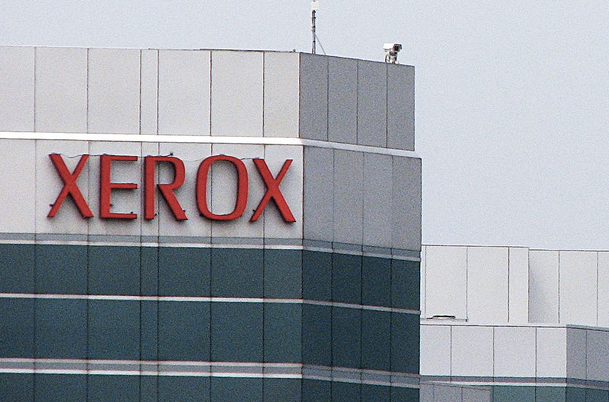
Xerox’s Federal Student Loan Servicing Under Investigation Over Inaccuracies, Overcharges
When you think of Xerox, photos of large, office printers is likely the first thing to come to mind. But it turns out the company also dabbles in the education business. And it’s that venture that federal investigators are probing after discovering nearly a decade of errors. [More]

CFPB To Consider Rules That Would Revoke Banks’ “License To Steal”
The lengthy, often complicated terms of use for more than half of all credit cards — and nearly half of all federally insured bank deposits — include clauses that force customers into arbitration, taking away their right to sue these companies in a court of law and usually blocking them from joining together in a class action. Critics argue that these forced-arbitration clauses allow banks and other businesses to break the law with impunity. Heeding the call of lawmakers and consumer advocates, the federal Consumer Financial Protection Bureau has decided to consider rules that would ban this practice among financial institutions. [More]
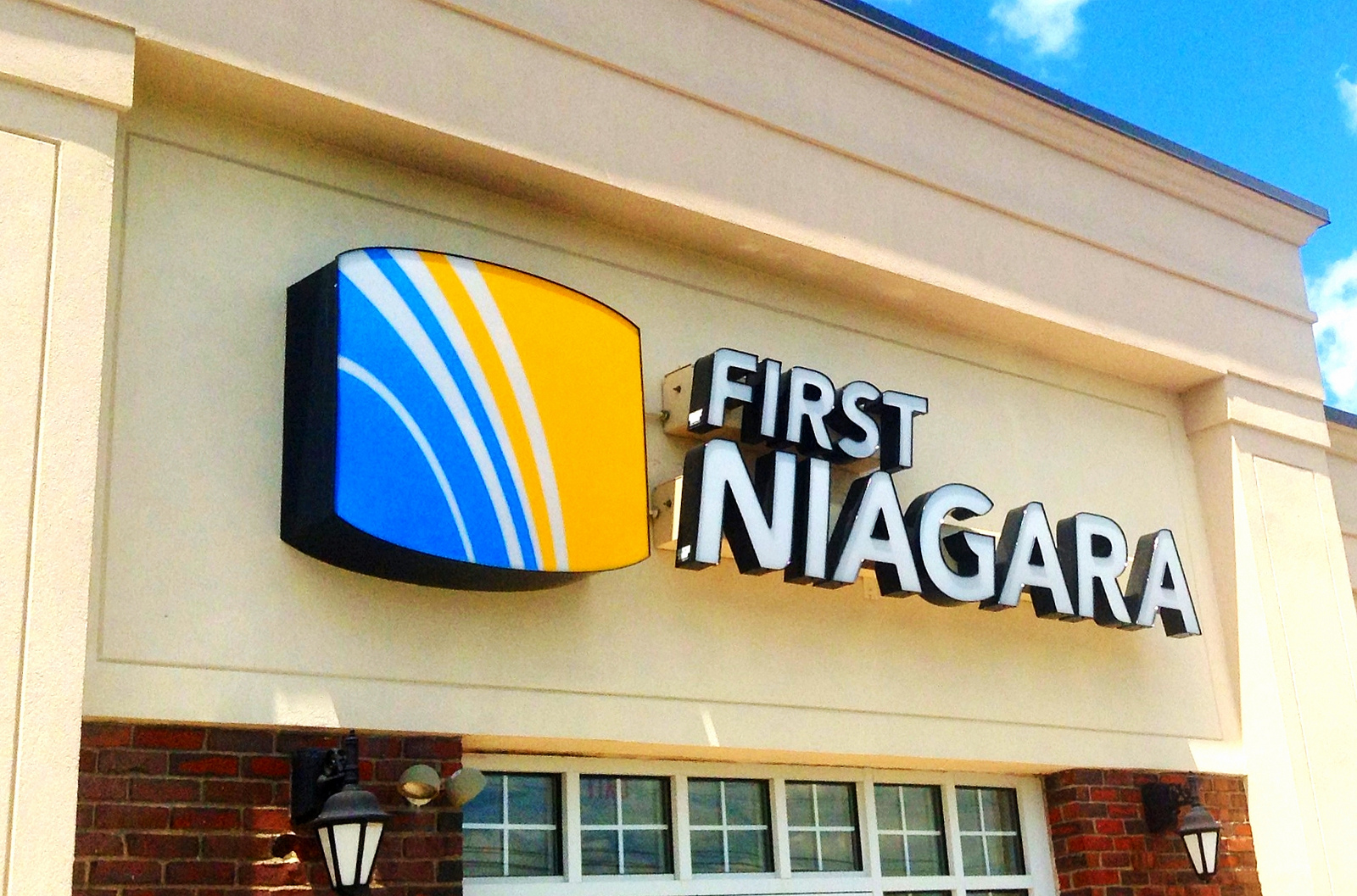
Only A Few Banks Are Making Their Credit Card Customers Memorize PINs
One compromise that financial institutions have made in the national shift to EMV smart cards from magnetic-stripe cards is that Americans will sign for their purchases instead of entering a 4-digit PIN. Maybe banks think that we’re stupider than the rest of the world, since other countries do use PINs. [More]

The Chip-And-PIN Credit Card Era Starts Today. What You Need To Know
Over the past few months, you may have noticed more retailers adorning their checkout stands with shiny new credit card readers. While those systems still have an area along the side where you swipe your card’s magnetic strip, they also have a smaller slot (typically) on the front where you simply jam gently insert your card. This is all part of the country’s shift toward more secure, but far from perfect, chip-enabled cards that kicks into high-gear today. [More]
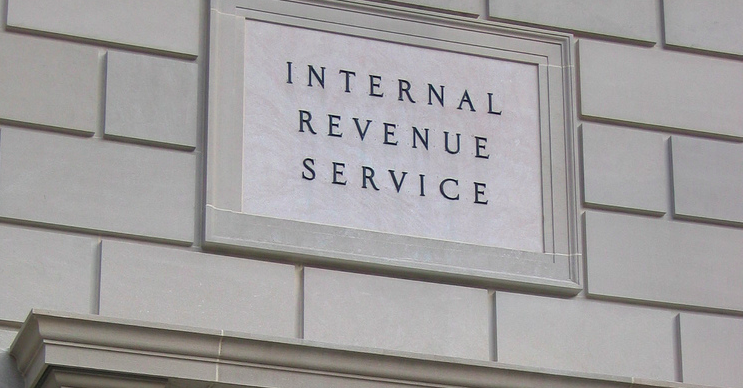
Sorry, You Can’t Pay The IRS With A Check For $100 Million Anymore
You there! The one ready to write a big, fat check to the Internal Revenue Service — drop that pen. The agency has announced that it will no longer accept checks for $100 million, so you’ll just have to write more than one check. So yeah, you can go ahead and pick that pen up again now. [More]

Alabama Restaurant Owners Claim Wells Fargo Won’t Fix Issue That Cost Workers $30K In Tips
An Alabama restaurant has plastered signs around a Mobile neighborhood accusing Wells Fargo of being run by liars, after the bank reportedly cost employees of the establishment tens of thousands of dollars in tips and refused to remedy the situation. [More]
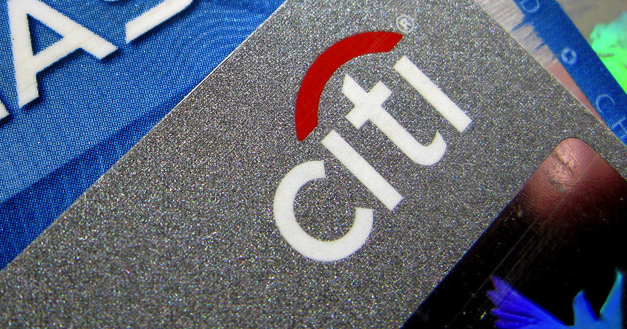
Citi To Return Additional $4.5M In Overcharged Fees To 15,000 Investment Account Holders
Last October, Citigroup agreed to return a total of $16 million to nearly 30,000 customers after an investigation by the state of New York found the company overcharged some customers advisory fees on their investment accounts. While that redress seems pretty hefty, it wasn’t enough, with the financial institution now agreeing to pay an additional $4.5 million to another 15,000 account holders. [More]
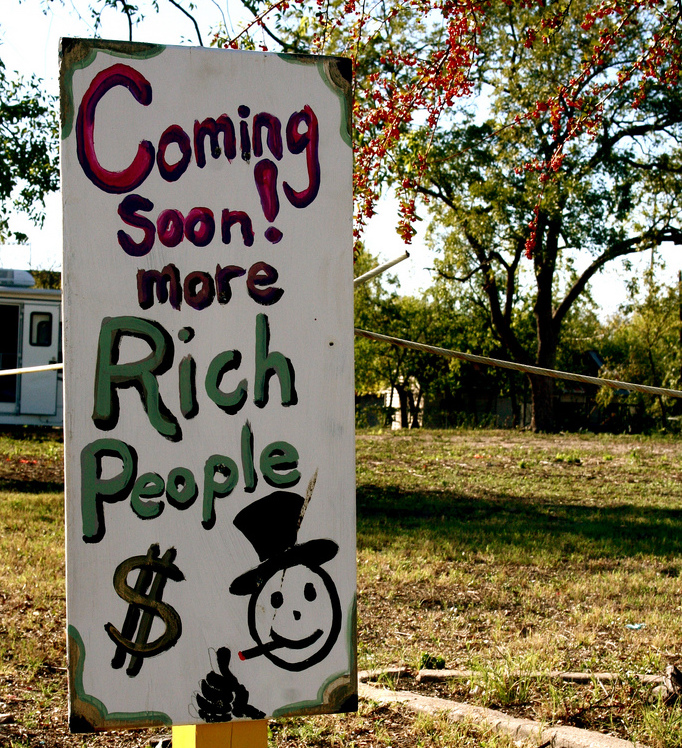
Banks Run Free Classes For Rich Kids On How To Be Super-Rich
Being a young adult who will inherit billions of dollars isn’t all fabulous parties, designer clothes, and supercars. It also means learning responsibility: at minimum, you’ll be responsible for caring for your own billions, and you could also end up running the family business or a foundation. There’s no degree, not even in business administration, that can prepare you for life as a billionaire, but some banks would really like to help. [More]
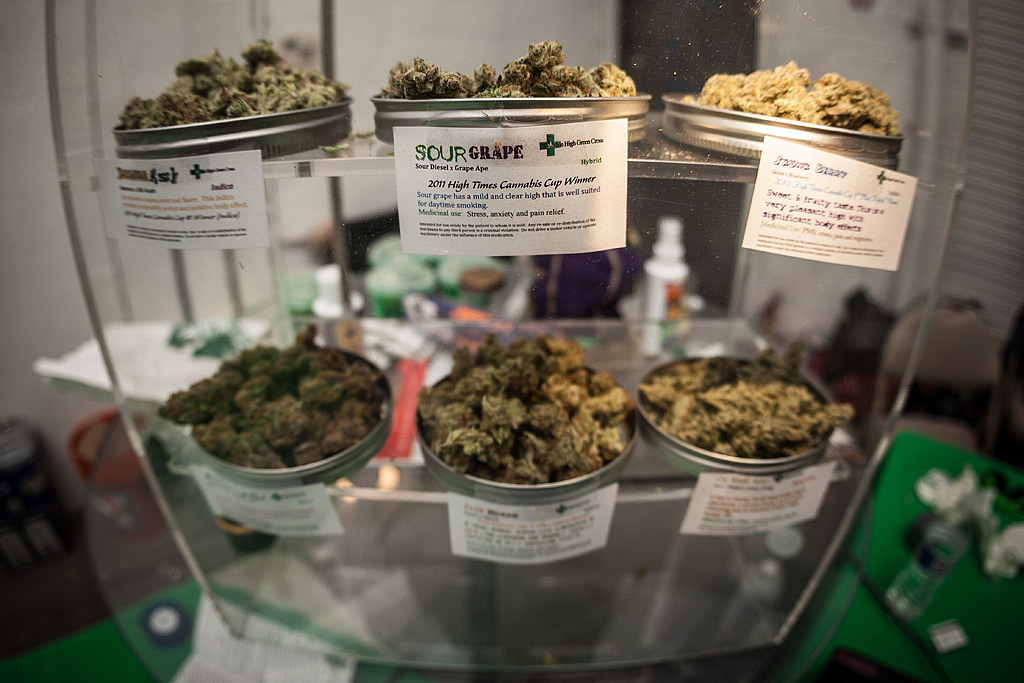
Lawmakers Introduce Legislation That Would Give Legal Marijuana Businesses Access To Banking Services
One of the biggest challenges facing the new legal marijuana industry comes down to money: now that businesses in certain states have gotten the go ahead to sell weed, many of them are stuck in a tough spot when it comes to actually dealing payments for their products, since the drug is still illegal under federal law. A group of senators is seeking to change that, introducing a bill that would take the heat off legal marijuana operations and give them access to banking services. [More]
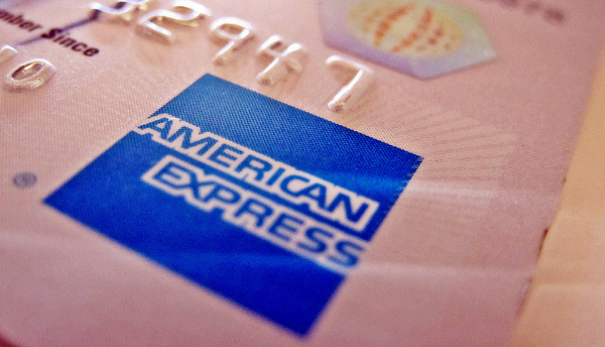
American Express Automatically Switched Me To Paperless Statements; Is That Legal?
From paying bills online to reading an e-book, advancements in technology have changed just about every aspect of consumers’ lives that used to be printed on paper. But what if you prefer getting your credit card statement in the mail and then find out that you’ve been changed over paperless statements without being asked? [More]

Risk Evaluation Report Finds Mobile Banking Leaves Some Banks More Vulnerable to Cyber Attacks
While mobile banking is no doubt convenient for customers – and banks – there’s a significant downside to the fact that more and more financial institutions are using the technology: an increased risk that your personal information will fall in the hands of a cyber criminal. [More]
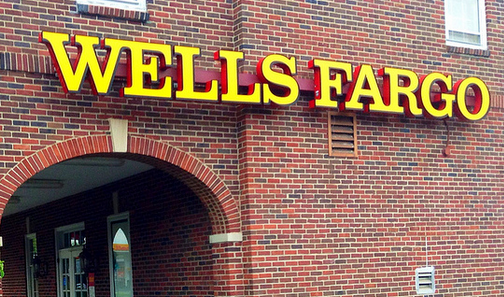
Man Arrested For Allegedly “Corrupting” Wells Fargo Employees In Scheme To Access Customer Accounts
As a bank customer, you generally have an expectation that employees of said bank won’t share your personal or account information with someone that isn’t, in fact, you. But what happens when a person calls the bank claiming to be an account holder in the midst of an emergency and in need of quick cash? Federal prosecutors say that was the basis for a recent bank fraud scheme targeting Wells Fargo customers and employees. [More]
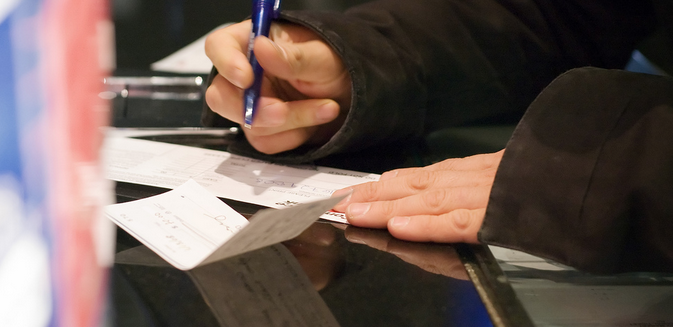
Does Postdating A Check Prevent Anyone From Depositing It Early?
Thanks to automated payments and online banking, many of us rarely (if ever) write checks, but millions of Americans still pull out their checkbooks every day to pay their bills. Because they might not always have enough money in their accounts on the day they write those checks, some folks will postdate their checks so that they aren’t deposited or cashed until after that date. Unfortunately, the fact is that there’s generally no actual obligation to honor the date on a check. [More]
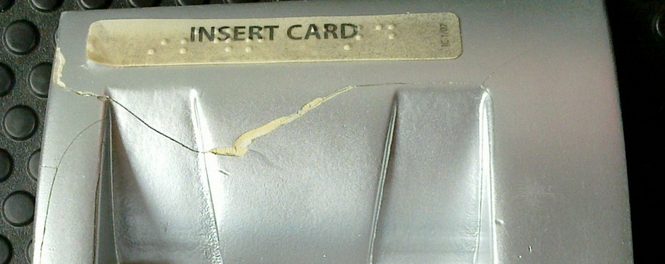
Dept. Of Education Proposes Rules To Govern College Prepaid Credit & Debit Cards
College students’ federal aid has increasingly been put at risk by the cozy relationship between institutions of higher education and credit card issuers over the years. While consumer advocates and legislators have debated whether or not products like student IDs that double as credit or debit cards provide an actual benefit to students or if they’re just a way for schools and banks to rake in the big bucks, the Department of Education finally took steps today to ensure students are afforded proper protections from excess fees and other harmful practices with the proposal of regulations targeting the college debit and prepaid card marketplace. [More]


